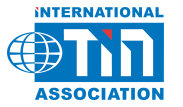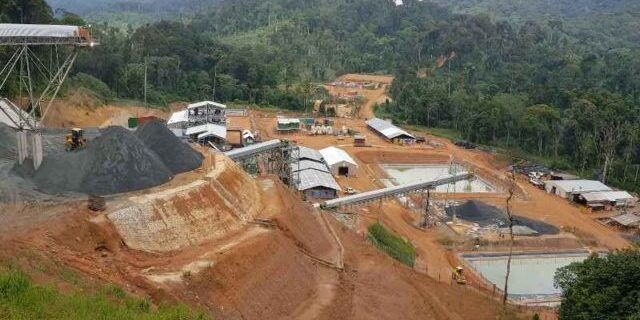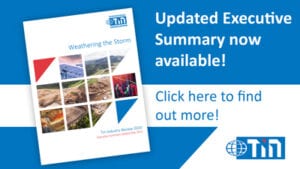Reuters has reported that Alphamin are now exempt from export rulings that required miners to smelt concentrates within the DRC.
According to the news agency, miners producing cobalt, tin, tungsten, tantalum, and/or copper were required to upgrade their concentrates within the country. This was seen by the country’s government as a way to extract more value from its natural resources. For tin producer Alphamin, however, this ban was repeatedly waived due to the lack of tin smelting capacity in the central African country. Concentrates are typically exported to Uganda before leaving the continent through Dar es Salaam.
Officials in the DRC are continuing to push for in-country smelting capacity, particularly for copper miners. However, a meeting with the country’s biggest miners in Kinshasa brought Alphamin’s social contributions to light. The company has been investing in the region surrounding its Bisie mine, with the mine itself estimated to support around 450 permanent local jobs. Last week’s decision now means that Alphamin is indefinitely exempt from the ruling.
Our view: In the past, Africa was home to several tin smelters, but now just one is currently operating. Typically these smelters struggle; while feed would not be an issue for an integrated smelter at Bisie, unpredictable power and logistics can increase operating costs and add risk to the operations. As such, this ruling will likely be seen as a beneficial to Alphamin.
Furthermore, the tin market does not need additional smelting capacity. According to ITA research, the tin market is already over capacity, with a utilisation rate of 66% in early 2020. The construction of an additional smelter would not help this figure.
Instead of concerning themselves with smelting, Alphamin can now focus on the core tenet of the Bisie project – concentrate production. The company has begun work on a fine tin recovery project, which is expected to come online early next year. The project is expected to increase tin-in-concentrate production by around 10% at low additional operating costs. On top of this, drilling will soon begin at Mpama South. The southern site will compliment production at the currently operating Mpama North site to keep overall production steady.



